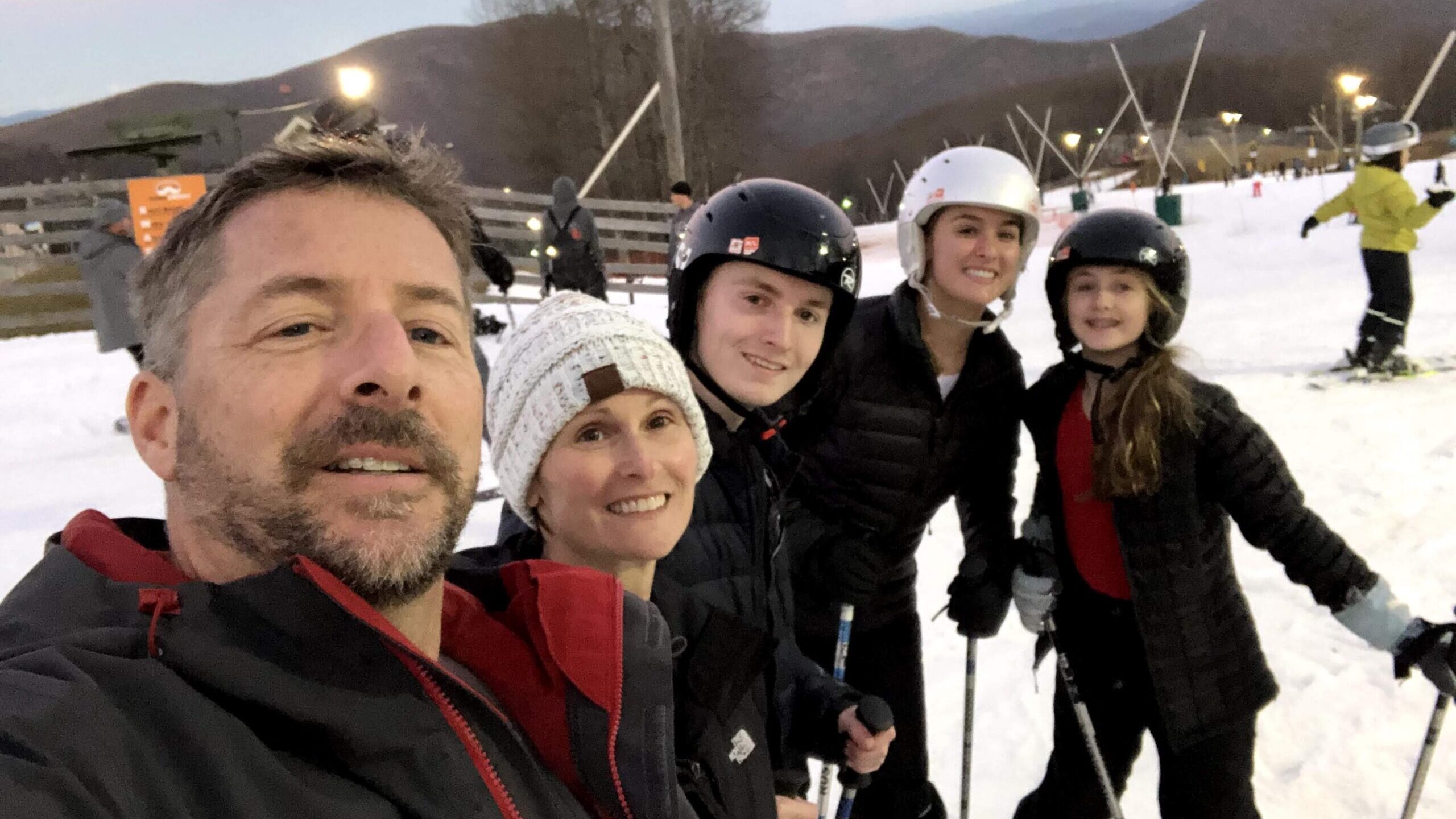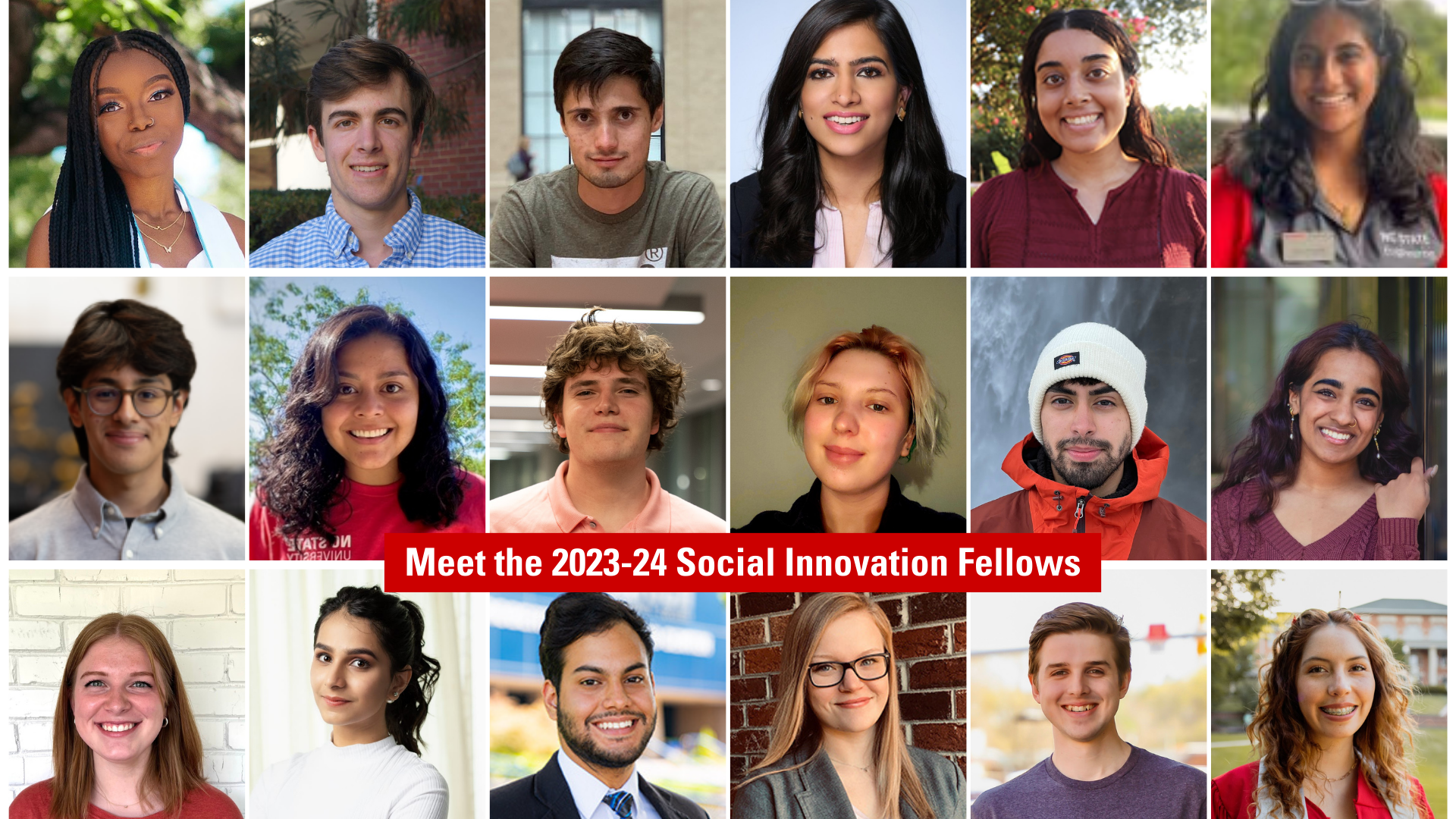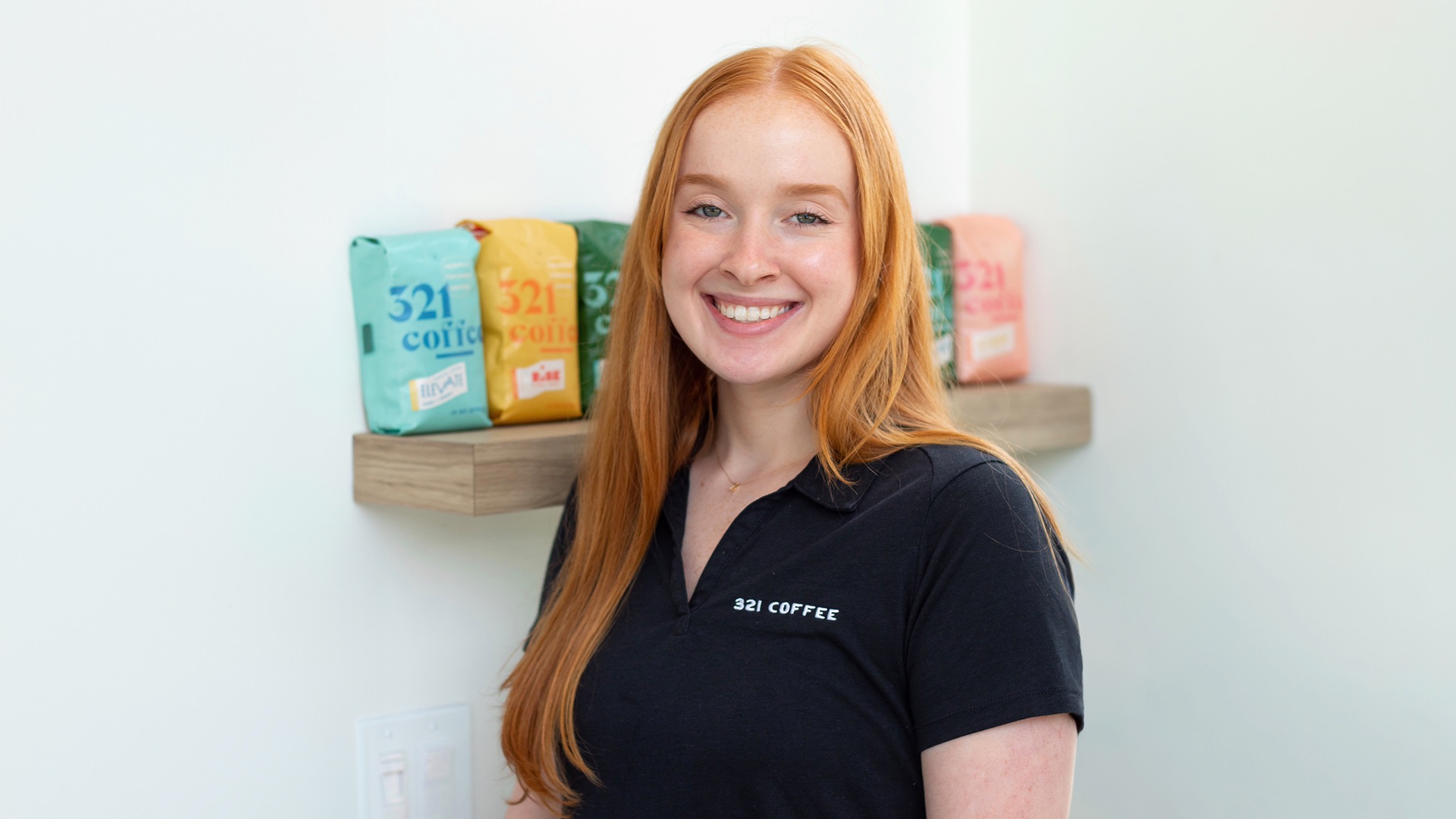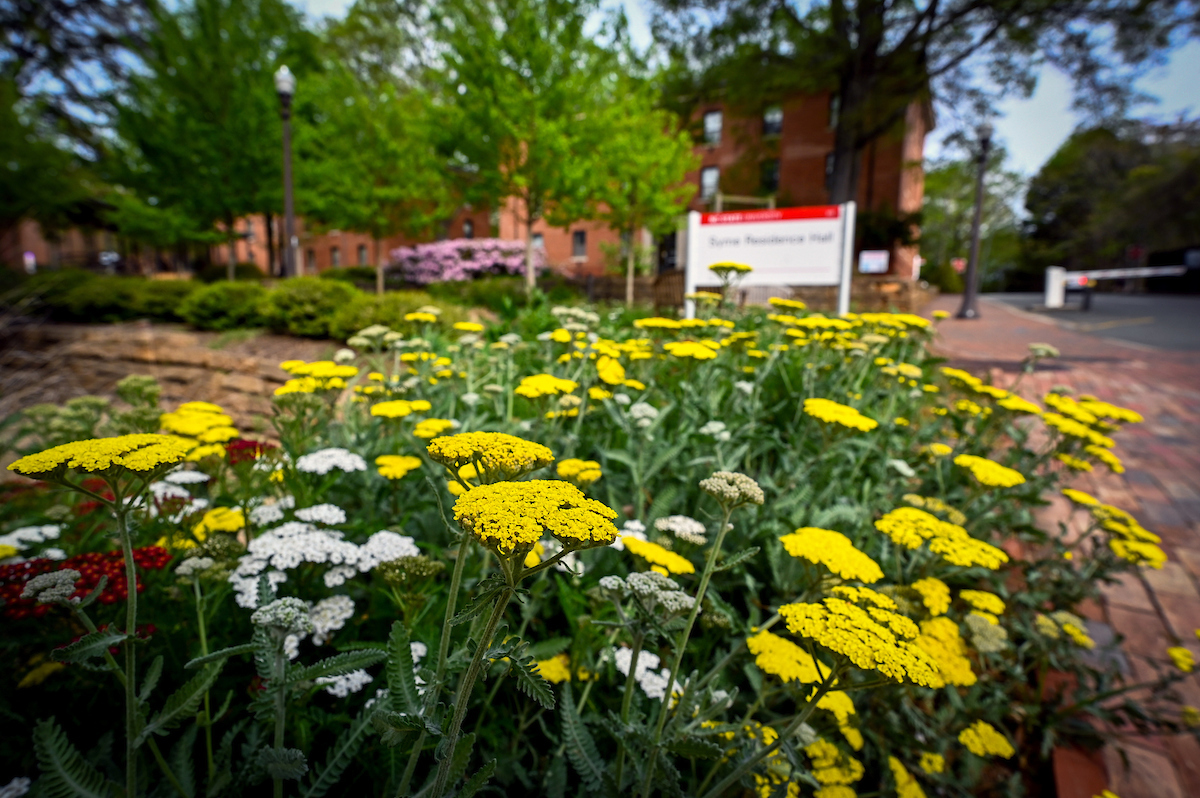Brian Speight volunteers as one of six team mentors in the Social Innovation Fellows (SIF) program. Team mentors play a guiding role for our student teams, offering them valuable expertise and experience to compliment their own fresh perspectives.
Can you tell me a bit more about your background and how you ended up where you are now?
When I was in high school, I was not someone who studied a lot. I had decent grades, but I never had to work very hard. Then, during the last 6 weeks of school – I’ll never forget this -I was introduced to this young teacher. She was hard on me from the first day she got there, and one day, she essentially called me “stupid.” That really got under my skin, so I decided right then that I was going to prove her wrong. For the first time as a student, I took a book home and studied – and ended up acing every assignment and test for the rest of the term. After that, I realized that I actually could achieve academic success if I actually tried, which prompted me to go to college (after not having even applied previously).
Wow, that teacher really impacted your life trajectory.
Yeah, that’s true, but I would say that my biggest influence was my dad. Growing up, he was an avid builder of things, and everything he did was magical to me. As a boy, I stood right beside him and learned everything he knew how to do. And he built everything that he made having only one arm – but eventually I became his left one. That love of building stuff sent me on a path to become an engineer, so after I went to college for 2 years for business, I applied to NC State and ended up with a degree in civil engineering. I worked as a civil engineer and started my own firm before having to shut that down due the 2008 recession. My current role actually came to be because of a relationship I established with one of our clients before that recession hit, and I’ve been here now for 13 years.
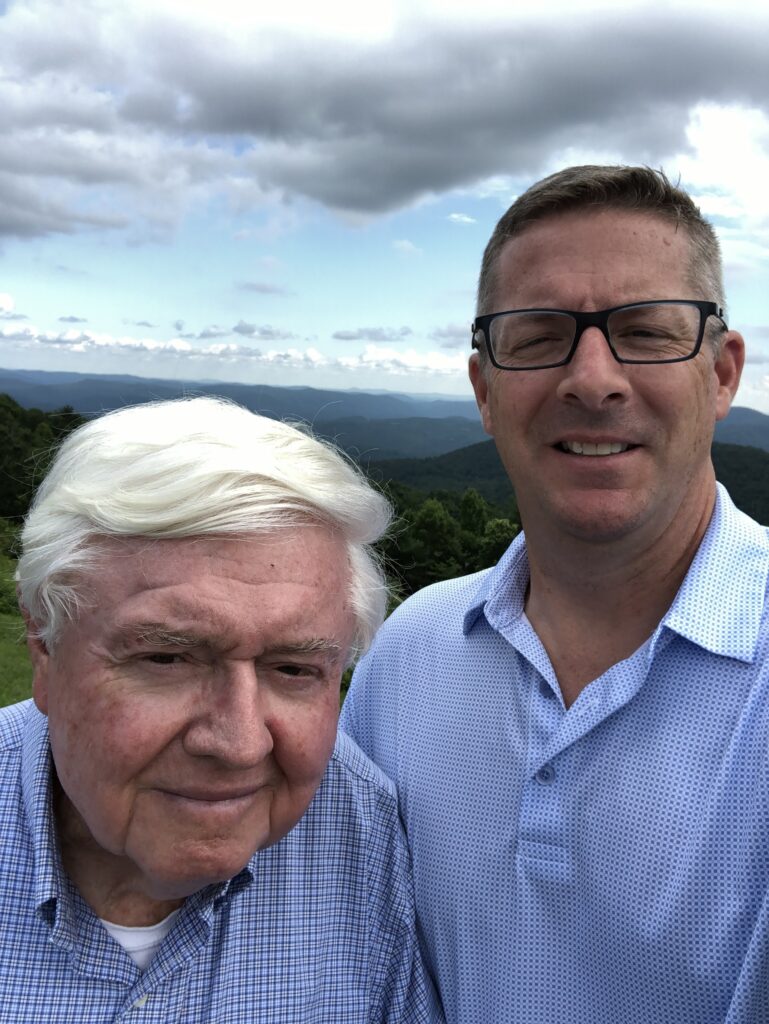
That goes to show the power of relationship-building, right?
Absolutely. It’s something that I learned from an early age. My father knew no strangers – mom either, and was a generous person. He did good for others just for the sake of doing good, and it ended up coming back around in a karmic sort of way. I’ve become the same way, doing my best to help people when they need it, and end up forming bonds with others as a result. Those relationships, hands down, are what have gotten me to the place I am now. I would put relationship-building at the top of the pyramid in terms of those things that help people achieve success.
Why did you choose to be a team mentor?
[Longtime Social Innovation Fellows Mentor] Jane Rogers actually introduced me to the opportunity. She is like a mentor to me as well, and shared the details of the program with me. I was not only interested because the timing was right, as I was transitioning into a new role at work that seemed to mirror the role of a coach/mentor and wanted to increase my skills, but also because I believed in what you all were doing.
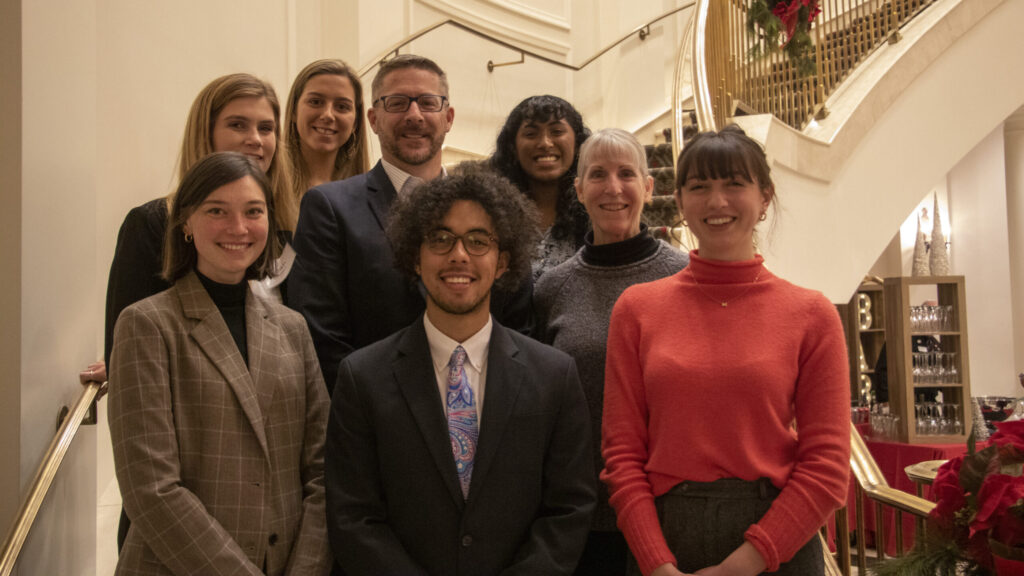
How has your idea of being a mentor changed as you have spent time in this role?
I thought that being a good mentor was something that I was going to have to learn how to do, but I’ve found that it comes natural to me. People are people. They all want to be successful in life, and regardless of the different disciplines and academic levels, at a fundamental level their goals are quite similar.
What has struck you most about your experiences with your Fellows teams?
I believe that fundamentally, humans are inherently good. And I’ve found that this idea is reinforced when I think about the students who I get to work with – they aren’t being forced to be here, nor do their parents “make” them. They aren’t here because there’s money in it for them or any other outside satisfaction other than the fact that they want to do good in the world, to make an impact. It reminds me of something a mentor of mine once said to me that really stuck, which is that you don’t have to be at the front of the line, or the loudest, to make a positive impact on a large group of people. You just have to do the work.
- Categories:
